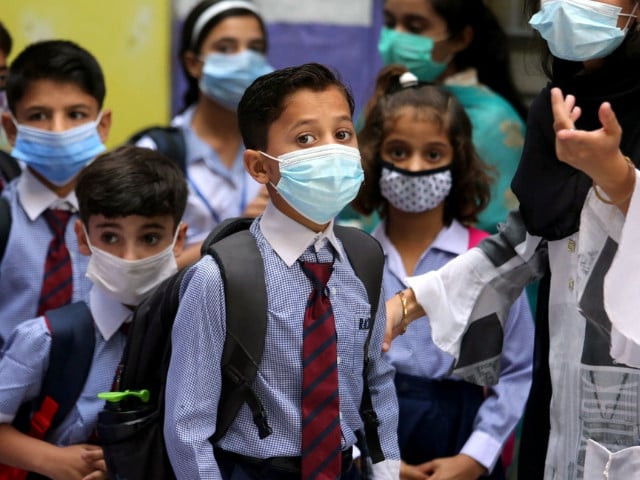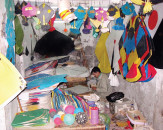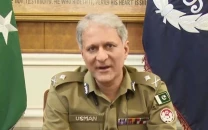2021 proved year of turmoil for education
Covid-19 severely hit education system with educational institutions remaining shut for most of year

While virtually all sectors of the economy were affected by the global pandemic Covid-19, 2021 proved to be turmoil for the education system with educational institutions remaining shut for most of the year in Punjab including the Rawalpindi district.
The spread of coronavirus affected classes and regular examinations. Of the 365 days of the year, classes could only be held for 140 days. Like other parts of the country, schools, colleges and universities in Punjab including in the Rawalpindi district remained closed for the remaining 225 days due to coronavirus, smog, summer and winter vacations.
Educational boards took exams of only three papers in matriculation and intermediate examinations and most students were passed with grace marks.
Instead of taking classes, teachers were assigned duties for carrying out vaccination against dengue, measles, poliovirus for several months.
According to a Punjab ministry of education survey report, 40 per cent of schools across the province lack access to clean drinking water, 33 per cent lack furniture and 45 per cent lack washrooms and classrooms. No funds were provided to schools to have missing facilities in the last two years.
There are 52,720 government schools across Punjab and of them, 28,000 are for girls and 24,720 for boys. In these schools, a total of 450,000 seats are available for teachers. However, at present, only 300,000 teachers are performing duties, while 150, 000 seats are still vacant.
Additionally, around 3,019 schools across the province do not have permanent principals or headteachers. Currently, only 11.8 million children are studying in government schools and a staggering 8.5 million children are out of schools in the province including in the Rawalpindi district.
For the first time, the uniform curriculum was implemented in Punjab including 65 per cent by private schools. Meanwhile, 35 per cent of private schools have promised to implement it in 2022.
For the first time, the teaching of the Holy Quran and Hadith has been made compulsory from class one to intermediate. Quranic Studies has also been dubbed a separate subject, which carries 100 marks. Recruitment of 70,000 teachers for Arabic and Islamic Studies had been announced, however, no hiring could be made so far.
Meanwhile, 14,000 senior subject specialists and assistant education officers (AEO), who were recruited through the National Testing Service, were regularised through legislation in the Punjab Assembly.
Last year, the master in arts (MA) and bachelor in arts (BA) system was abolished bachelor of science (BS) and master of science (MS)was introduced. The BS programme is a four-year degree, which will be equivalent to the now-obsolete MA. Meanwhile, the six-year MS programme will now be equivalent to an MPhil.
Additionally, in 2021, eight new universities, 86 new colleges, and 70 new schools were set up in Punjab.
Meanwhile, Punjab Teachers Union (PTU) Central Secretary Rana Liaqat said that no education system can be successful until basic problems of teachers were resolved. “When teachers are on the roads, it means no one was available for classes.
Published in The Express Tribune, January 13th, 2022.


















COMMENTS
Comments are moderated and generally will be posted if they are on-topic and not abusive.
For more information, please see our Comments FAQ